Resin Bound vs. Traditional Paving: Which is Right for You?
Understanding Resin Bound Surfacing
Resin bound surfacing is a relatively new and innovative approach to paving that combines natural aggregate with a clear resin. This technique results in a smooth, durable surface that is both aesthetically pleasing and functional. The resin acts as a binding agent, holding the stones in place while still allowing water to permeate through, thus reducing the risk of puddles and flooding.
One of the key benefits of resin bound paving is its versatility. It can be customized to match a variety of design preferences, offering a range of colors and textures to complement any setting. Additionally, its permeable nature makes it environmentally friendly, as it supports sustainable urban drainage systems (SuDS).

Exploring Traditional Paving Options
Traditional paving methods, such as concrete and asphalt, have been used for decades and are known for their robustness and longevity. These materials are often chosen for their affordability and ease of installation. Concrete, for instance, is a popular choice for driveways due to its strength and durability.
Despite its widespread use, traditional paving does have some drawbacks. It is prone to cracking over time, especially in areas with extreme weather conditions. Moreover, traditional paving surfaces are usually impermeable, which can lead to water pooling and increased run-off, potentially contributing to flooding.

Comparing Aesthetics and Design Flexibility
When it comes to aesthetics, resin bound surfaces offer a modern and sleek look that can be tailored to match any landscape or architectural style. The ability to blend different aggregates allows for unique patterns and designs that traditional paving options simply cannot match.
On the other hand, traditional paving is often limited in terms of design possibilities. While concrete and asphalt can be stamped or colored to create different effects, they generally lack the natural beauty and customization potential of resin bound surfaces.

Maintenance and Longevity
Both resin bound and traditional paving surfaces require maintenance, but the level and type of maintenance differ. Resin bound surfaces are relatively low-maintenance, requiring only occasional cleaning to remove debris and prevent moss growth. Their porous nature also means they are less susceptible to ice and frost damage.
Traditional paving materials like concrete need more frequent maintenance to repair cracks and address surface wear. They may also require sealing to protect against weather damage and staining, thus increasing ongoing maintenance costs.
Cost Considerations
Initial costs for resin bound paving can be higher than traditional options due to the materials and installation process. However, the long-term benefits, such as reduced maintenance and longevity, can offset these costs over time.
Traditional paving is generally more budget-friendly at the outset, making it an attractive choice for those with limited budgets. However, the potential for higher maintenance and repair costs should be factored into the overall expense consideration.
Environmental Impact
Resin bound surfaces are an eco-friendly choice due to their permeability, which supports sustainable water management. This characteristic helps reduce surface water run-off and supports groundwater recharge, making resin bound paving an environmentally responsible option.
Traditional paving materials like concrete and asphalt are less environmentally friendly, primarily because they are impermeable and contribute to increased run-off. Additionally, the production process for these materials often involves higher carbon emissions.

Making Your Decision
Choosing between resin bound and traditional paving ultimately depends on your specific needs and preferences. Consider factors such as budget, desired aesthetics, environmental impact, and long-term maintenance when making your decision.
If you prioritize aesthetics, permeability, and low maintenance, resin bound surfaces may be the ideal choice. However, if budget constraints are a primary concern, traditional paving might be more suitable. Regardless of the option you choose, both types of paving offer their unique advantages and can significantly enhance the value and functionality of your property.
